Toko
Toko: Open-Source Mobile App Development Platform
Toko is an open-source mobile app development platform that allows you to build native iOS and Android apps using web technologies like HTML, CSS, and JavaScript. It uses Apache Cordova under the hood.
What is Toko?
Toko is an open-source mobile app development platform that allows you to build native iOS and Android apps using web technologies like HTML, CSS, and JavaScript. It provides a unified codebase to target both platforms instead of having to build separate native apps.
Under the hood, Toko utilizes Apache Cordova to package the web code into native wrappers that can be deployed to app stores. Some key features include:
- Write once, deploy to both iOS and Android
- Access native device capabilities like camera, GPS, etc via Cordova plugins
- Live reload to see changes instantly without rebuilding
- Extensive widget and theme support for quick UI development
- Built-in authentication and external service integration
- Tools for debugging, remote logging, splash screens, icons
- Active community behind open-source development
Toko allows web developers to use their existing skills to build mobile apps. The learning curve is less steep compared to native platforms. It trades some performance for quicker development cycles and cross-platform reach. For many apps, it provides a good middle ground before needing to go fully native.
Toko Features
Features
- Build native iOS and Android apps using web technologies
- Utilize Apache Cordova under the hood
- Open-source platform
- Cross-platform development
- Drag-and-drop UI builder
- Supports plugins and extensions
- Live preview and debugging
- Cloud-based build and deployment
Pricing
- Open Source
Pros
Cons
Official Links
Reviews & Ratings
Login to ReviewThe Best Toko Alternatives
Top Development and Mobile App Development and other similar apps like Toko

VK
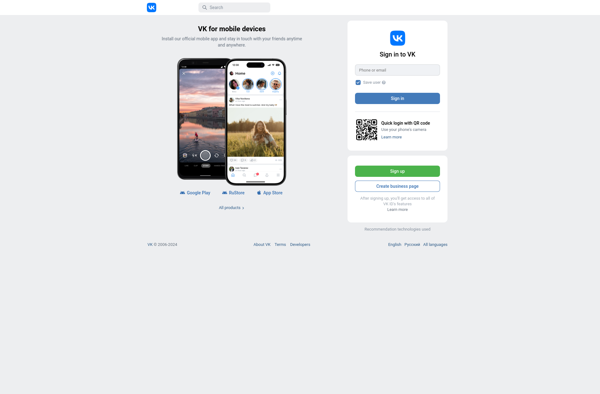
Gab
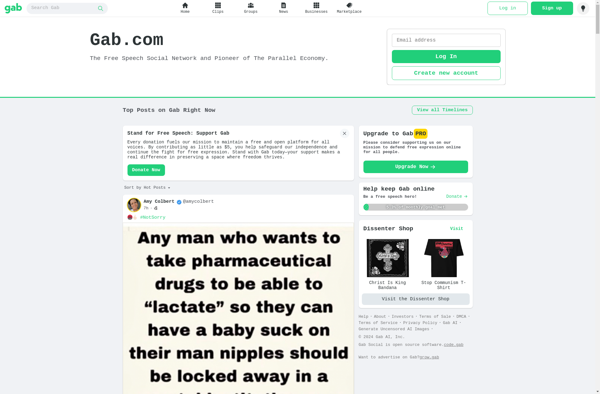
Mastodon

Minds
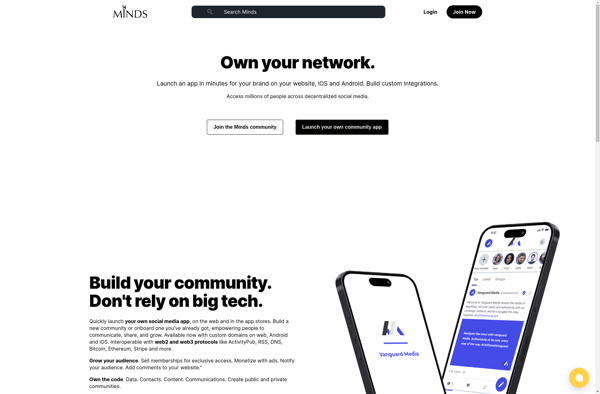
Diaspora

ZeroMe
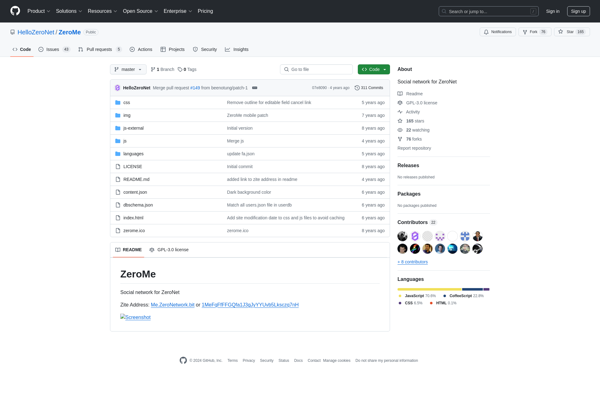
Friendica
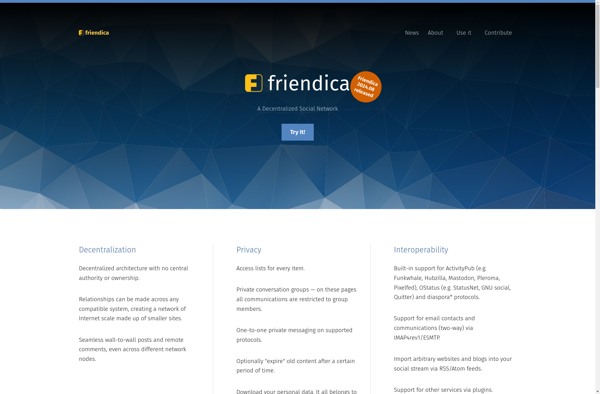
GNU social
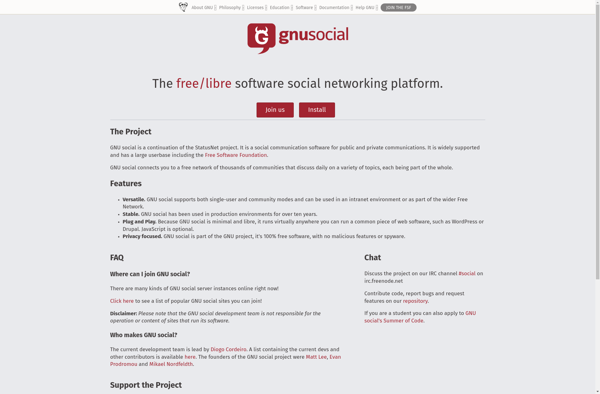
Movim
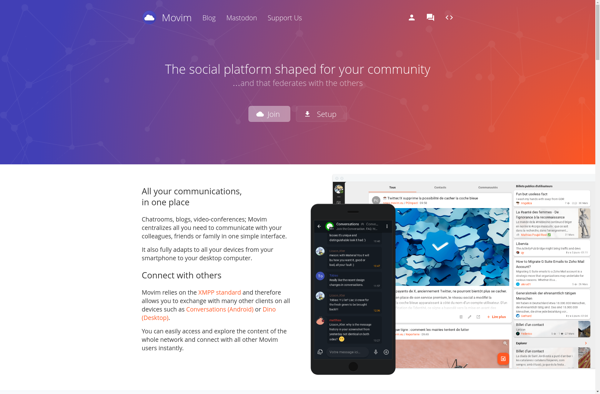
Hubzilla
